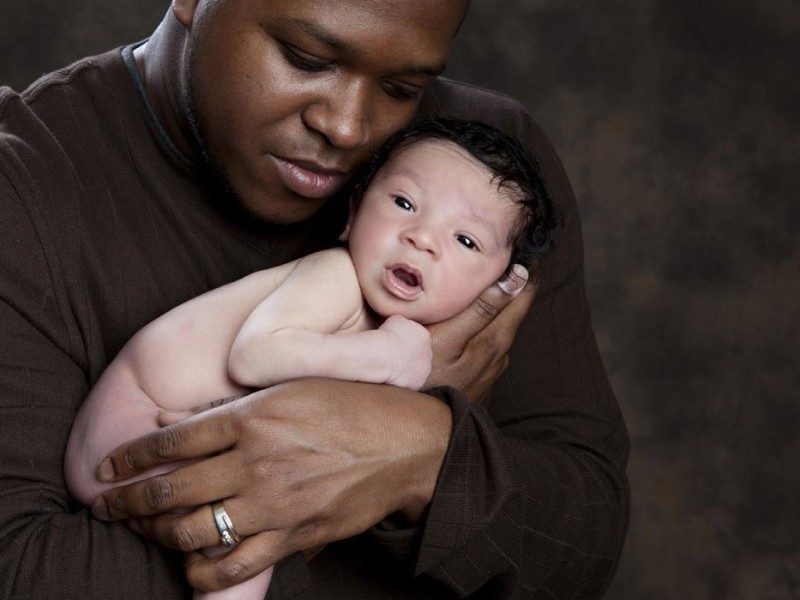What is surrogacy?
Surrogacy is the process by which a person has a baby with the aim of giving up their parental rights to another person or couple.
Types of surrogacy
There are two types of surrogacy: traditional and gestational surrogacy.
Traditional surrogacy
Traditional surrogacy is where the surrogate and the child are genetically related. For example, the biologically related gay or bisexual dad(s) provide the surrogate with sperm to self-inseminate. Alternatively the sperm may be inseminated (injected) from the intending father(s) into the surrogate at a fertility clinic, for example. Traditional surrogacy is also referred to as “partial”, “natural” or “straight” surrogacy.
Gestational surrogacy
The second type of surrogacy is gestational surrogacy. This is also referred to as full or host surrogacy. Gestational surrogacy is where the surrogate mother is not genetically related to the child.
In these scenarios, gestational surrogacy involves using a pre-prepared embryo that has been created using the sperm of the birth father(s) and an egg from someone other than the surrogate. This pre-prepared embryo is placed into the surrogate at a clinic. Gestational surrogacy therefore involves in vitro fertilization and it is usually more costly because of this.
Giving up the child
An increasing number of gay men are turning to surrogacy in order to have a child. A concern for many that embark on the surrogate process is whether or not the surrogate will give up the child.
Recent research has revealed no differences between genetically related surrogate mothers and non-genetically related surrogates in relation to this.
Research has shown that approximately 4% of surrogacy arrangements fail because of a surrogate’s refusal to give up the child to the intending parent(s).
References
Bhatia K. Martindale EA. Rustamov O. Nysenbaum AM. Surrogate Pregnancy: An Essential Guide for Clinicians. The Obstetrician & Gynaecologist 2009;11:49–54.
Jadva V. Murray C. Lycett E. MacCallum F. Golombok S. Surrogacy: The Experiences of Surrogate Mothers. Human Reproduction 2003;18:2196-2204.
In this video below the Andersons share the joys involved in their surrogacy journey.


